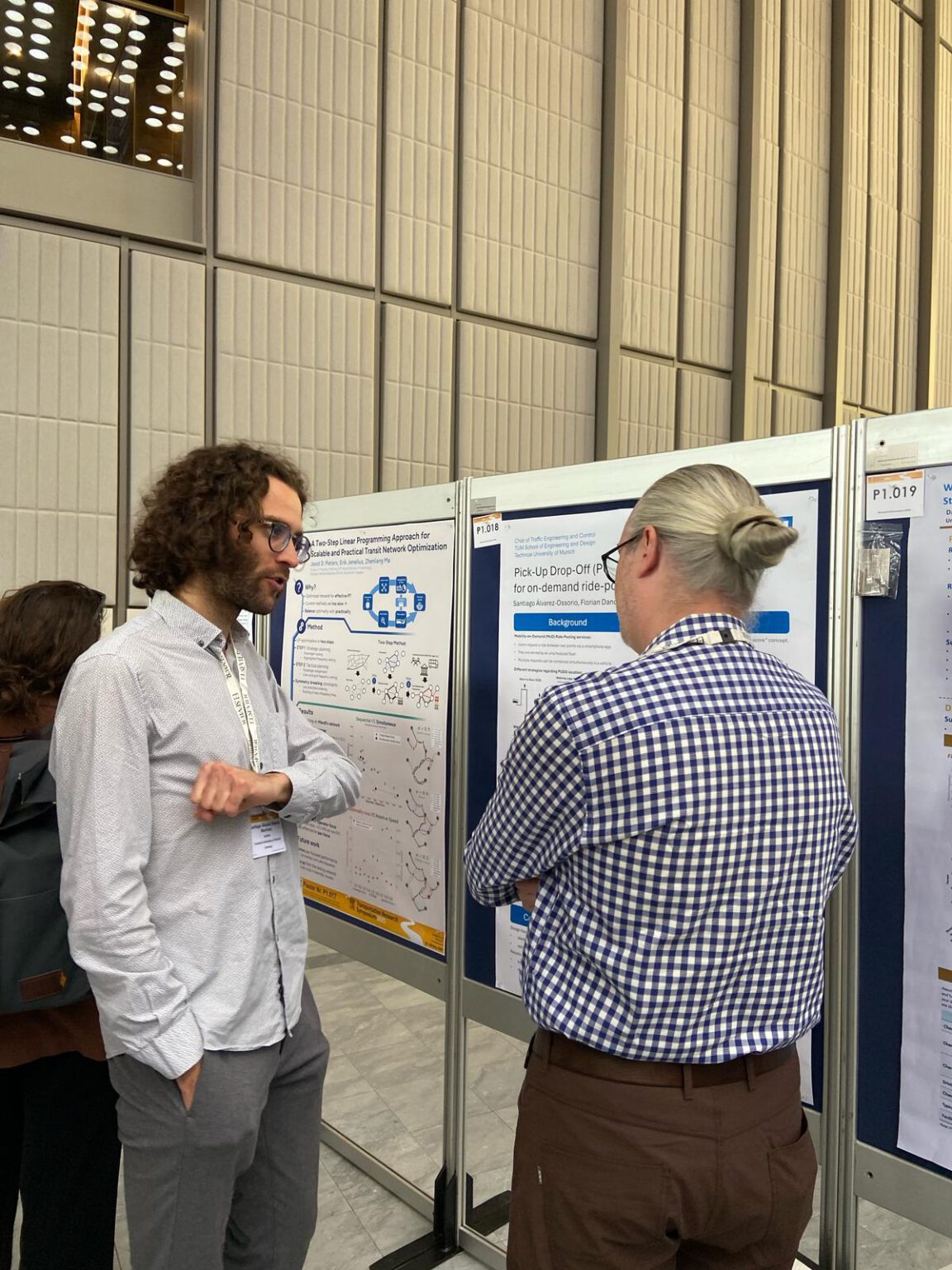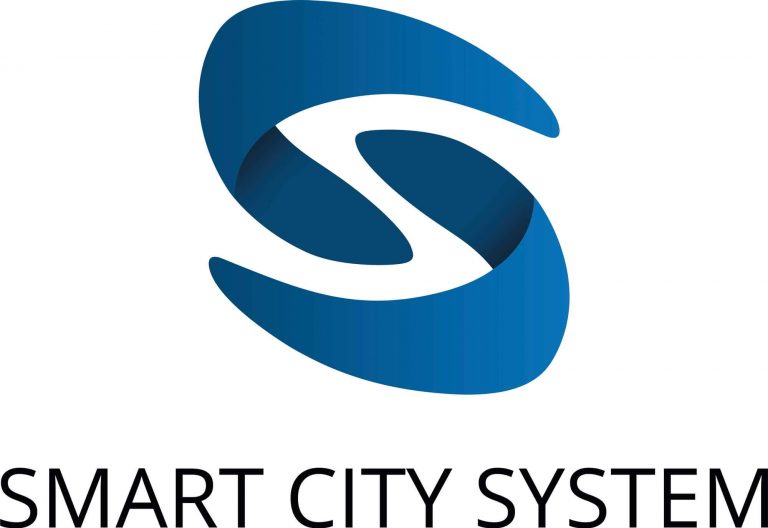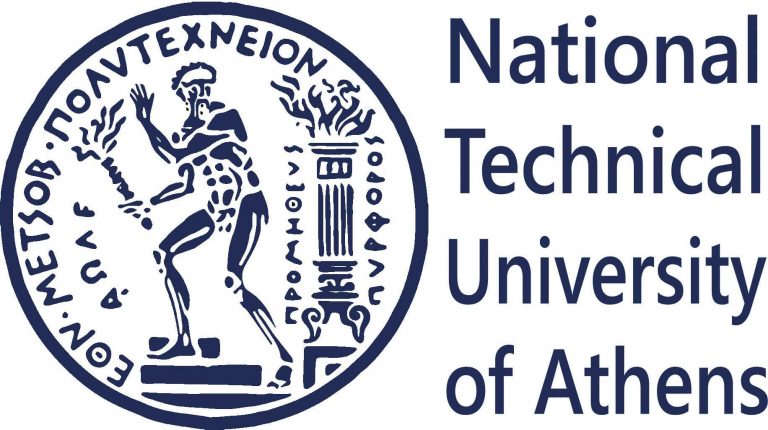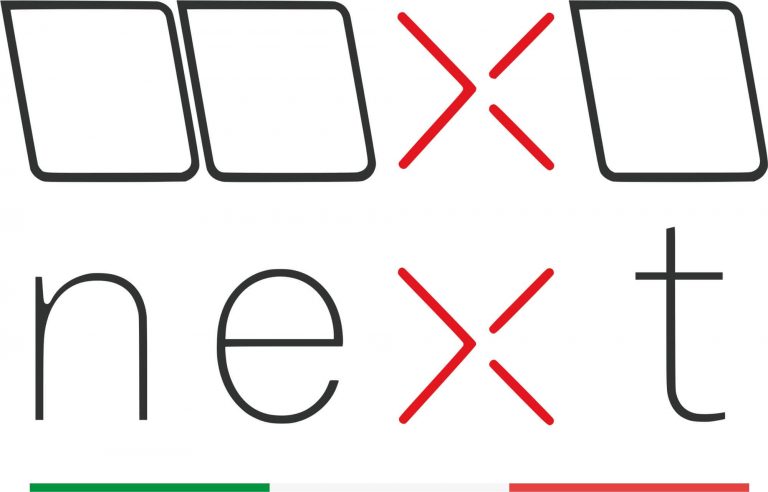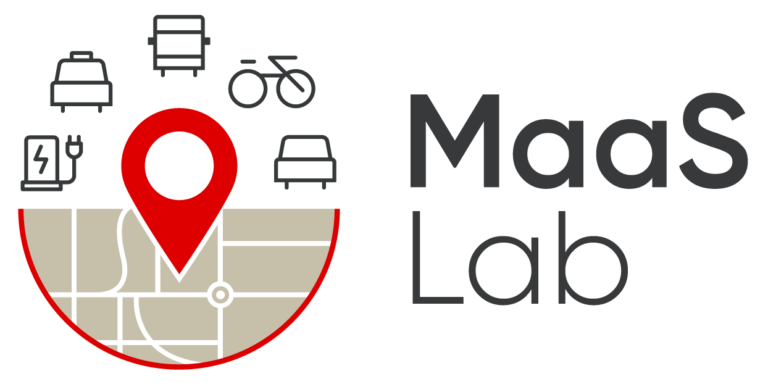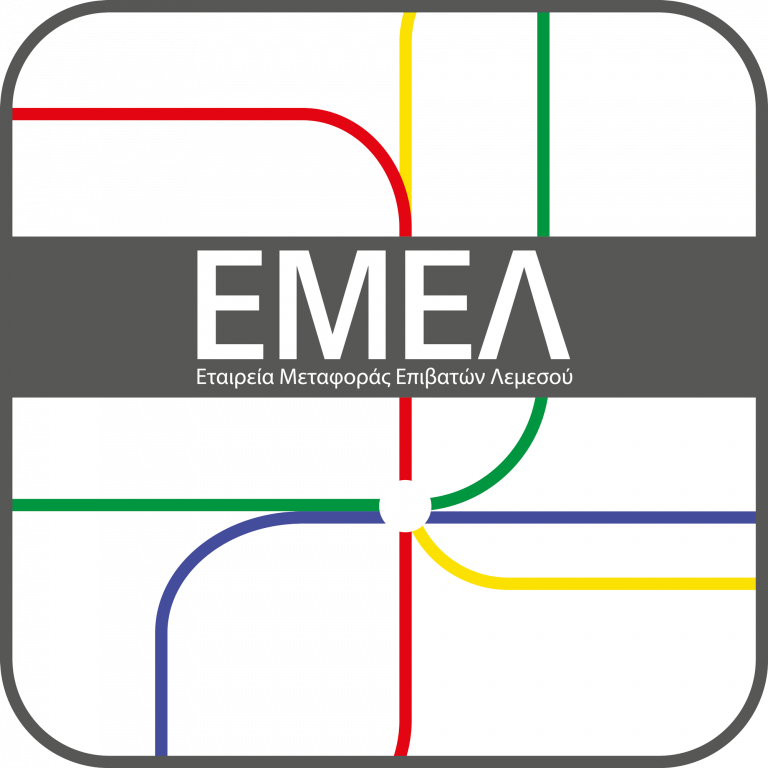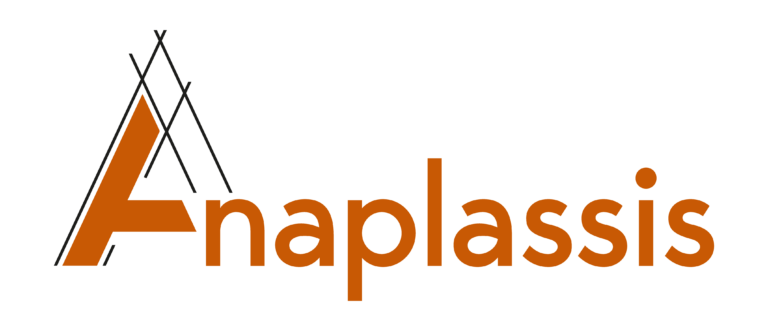Recent studies showed that asking passengers to walk short distances to designated Pick-Up and Drop-Off (PUDO) locations, rather than offering a door-to-door service, can significantly reduce vehicle detours, emissions, and operational costs, while increasing the number of passengers served by a ride-pooling Mobility-On-Demand (MOD) service. Moreover, integrating these PUDO locations into Dynamic Curbside Management (DCM) areas—shared spaces for various transport activities—can further enhance the efficiency of urban space usage and improve service quality.
At the inaugural Elsevier’s Transportation Research Symposium (TRS), held in Rotterdam from 25-28 May 2025, researchers from the Technical University of Munich, a metaCCAZE project partner, presented a framework for optimising the number and placement of PUDO-DCM zones. Their work is closely aligned with metaCCAZE’s Munich Dynamic Curbside Management Use Case, in which a limited number of DCM zones are to be implemented in the inner-city area. Specifically, the framework aims to guide the future expansion of the DCM system beyond the city center once the project concludes.
Check out the poster presentation here.
Learn more about mobility solutions developed in Munich here.
